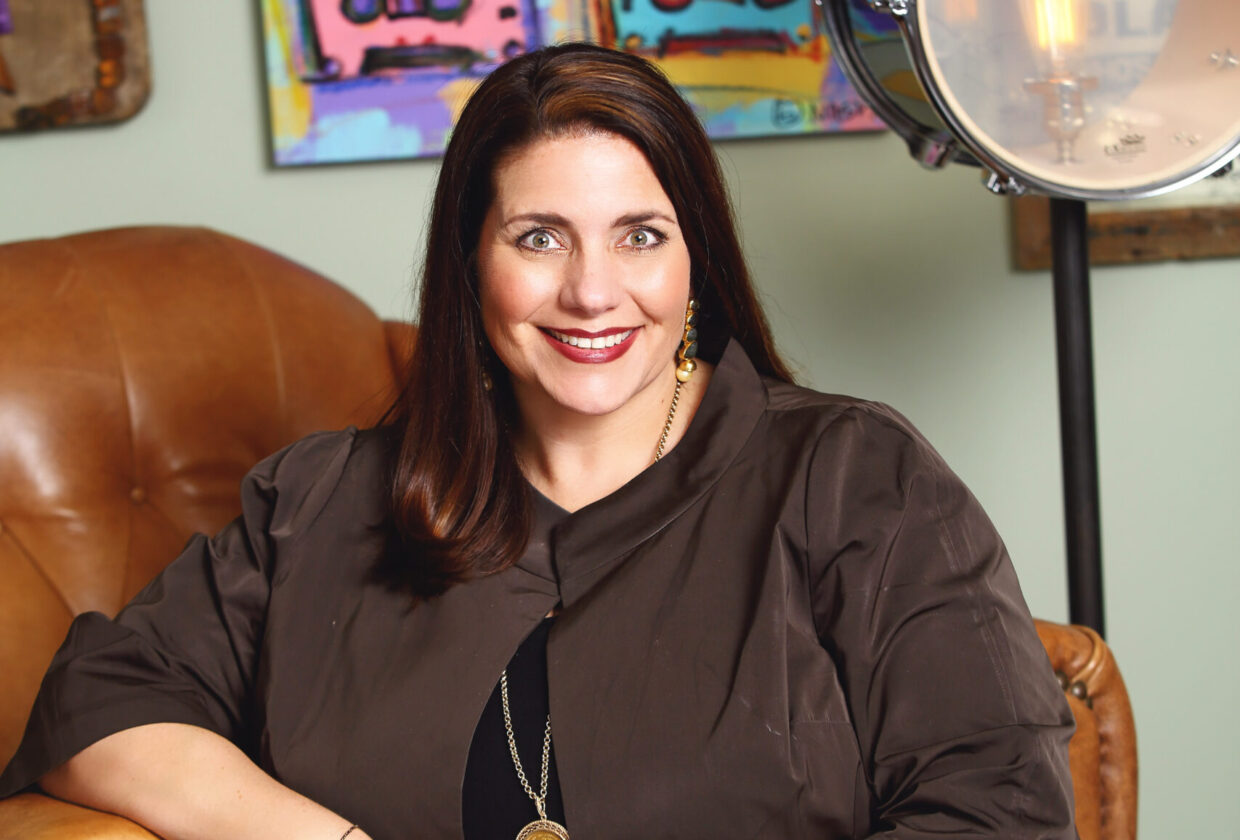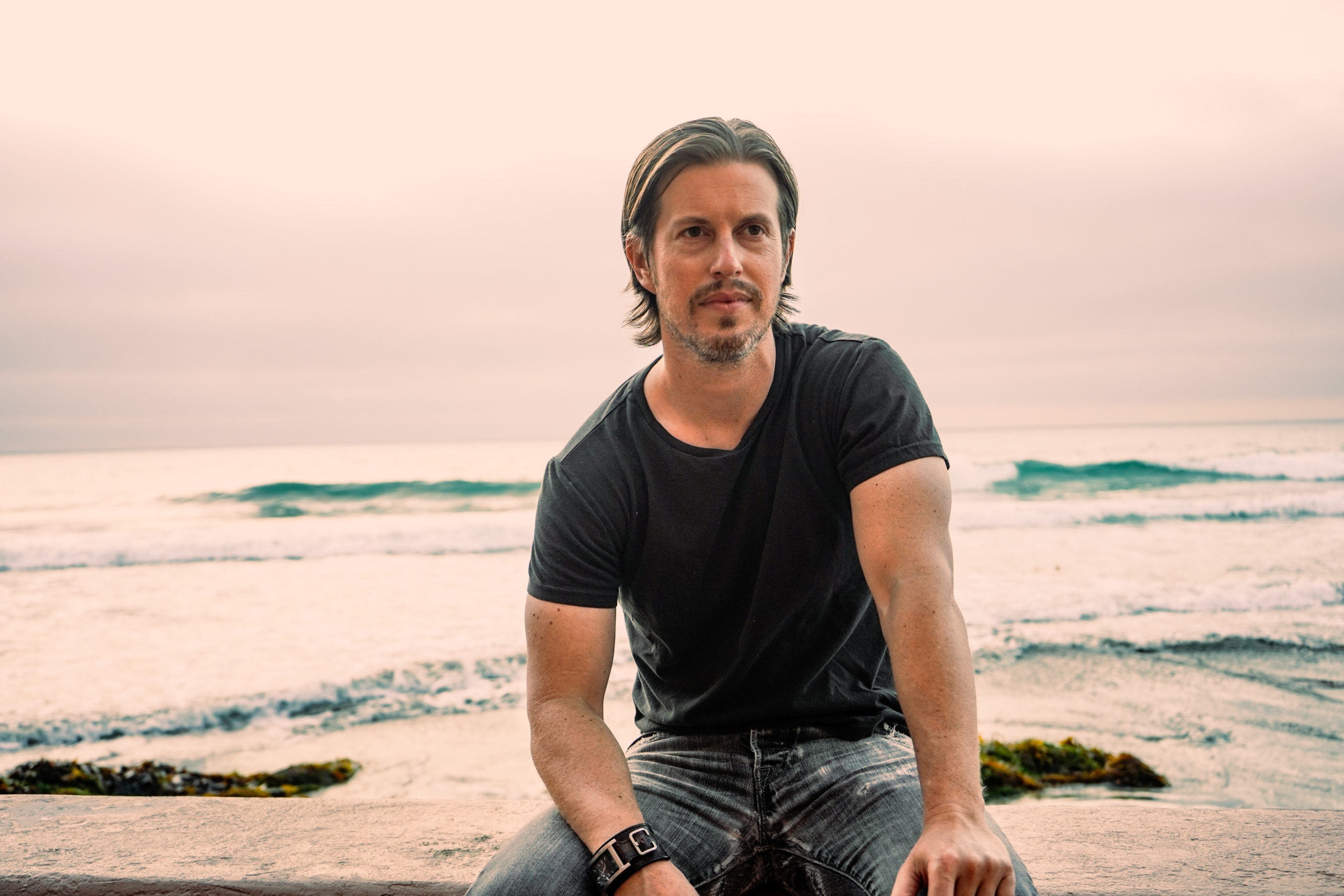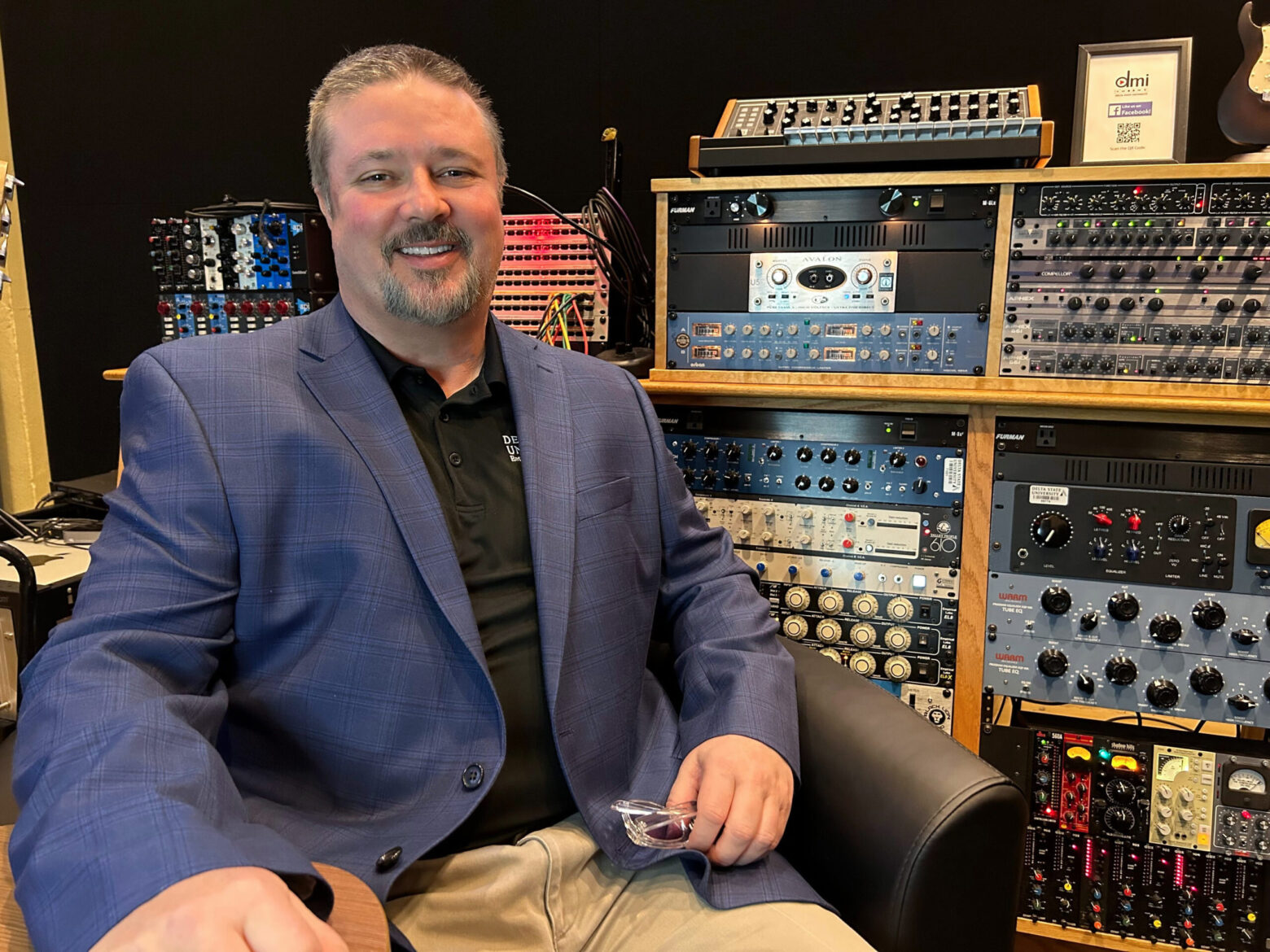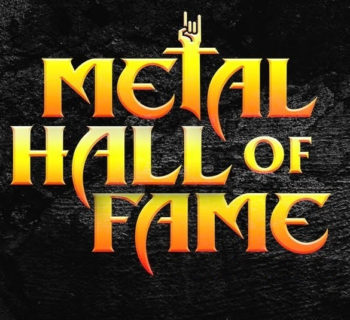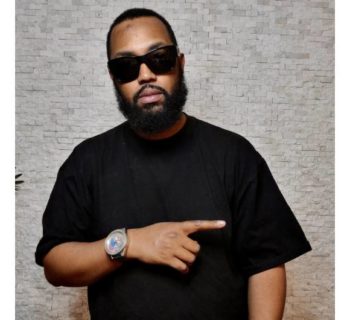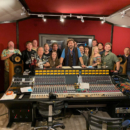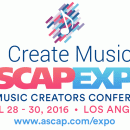Tatum Allsep
Founder/CEO
Music Health Alliance
Years with Company: 10
Address: 29 Music Square East, Nashville, TN 37203
Phone: 615-200-6896
Web: musichealthalliance.com
E-mail: [email protected]
Clients: 20,000 clients across the U.S.
BACKGROUND
Maintaining excellent health is a challenge for anyone, but especially for entertainers. The rigors of travel and uneven income remain huge obstacles. Enter Tatum Allsep and Music Health Alliance. Having recently celebrated a decade of service, her nonprofit continues to help all types of industry people and their families receive access to and assistance with medical care.
A Personal Story
Twenty years ago, I had just left MCA Records to join a management firm. I had health insurance and a maternity rider. I was pregnant with twins, and they came early. I went into the hospital at 21 weeks and they were born at 28 weeks. I was on bed rest in the hospital for six weeks. [My babies] spent nine weeks in the neonatal intensive care unit. And I left the hospital with a half-million dollar bill. I thought, what in the world? I did everything I was supposed to do. I liquidated every asset and got a family member to cosign a loan that took 10 years to pay off.
Fast-forward, I got divorced and went to Vanderbilt to help build their music industry relations. That allowed me to see behind the healthcare curtain. We were working with a small group of music industry people, and one was Kix Brooks. He said, “If you can get health insurance to the self-employed side of the music industry, that would be great.” It was like a license to research and meet with the people who had wreaked havoc on my life.
Dreaming of a Nonprofit
I started a business called Sound Health Care that was a for-profit business. I handled the advocacy portion, and my business partner had been in insurance. The Affordable Care Act rumblings started to happen, and for me that meant building a nonprofit. He didn’t want to do that, so I sold my portion of the business to him and stepped away.
I remarried and had a new baby. I woke my husband up. “Read this solution agreement. Is there any noncompete [clause]?” I had this dream about how to create a template that would meet the needs of our industry. I wrote down the entire plan we still use today in the middle of the night.
The MHA Mission
We do three main things: protect, direct and connect. How are we going to help you pay for your care? What is your specific need? And how can we connect you with the things to help you meet that need, with the ultimate goal being getting back to work with no medical debt and a preventative path forward? We’ll help negotiate down medical bills, find doctors if you need them, and challenge denials. Every day, we armor up.
When There’s Trauma, Mental Health Can’t Wait
During the Route 91 Harvest Festival [massacre in 2017], we learned very quickly there’s a difference between talk counseling and trauma counseling. There were about 110 people from the music industry on the ground during that shooting. And a lot of them were clients.
In the beginning, there were lots of people who wanted to help. Weeks passed and people are calling to get trauma counseling. They’re being scheduled a month out. You can’t do that when there’s a traumatic emotion your brain is trying to process. It has to be dealt with immediately.
Money Changes Everything
There is no correlation between the retail rate, the negotiated rate, and the billed amount. It could be two people having the exact same knee replacement on the exact same day with the exact same orthopedic mechanism, and there could be a $50,000 difference in their charges. That makes no sense. And it has to do with insurance and the algorithm for the billing.
When I started Music Health Alliance, I thought we were going to change the law. What I have learned is there’s just so much money involved that it’s hard to push that needle. What we can do is, person-by-person, bust down doors and find solutions.
The Obamacare Difference
[The Affordable Care Act] helped our industry infinitely. And it hurt. It’s driven insurance costs up significantly. However, lots of things that weren’t covered before are covered now. Prior to passage, if you took an ADHD medication and an antidepressant, you were uninsurable. Or if you had knee surgery and a broken ankle, that whole leg could be excluded from your policy. If you had a benign brain tumor? Uninsurable. All these things were tying people to corporate jobs because they had to have health insurance. With the Affordable Care Act, preexisting conditions no longer exist if you have a compliant policy.
Also critical are the subsidies and cost-sharing reductions. If you make between 100% to about 600% above the poverty level, maybe $42,000 to $45,000 adjusted gross income if you’re single, you’re going to get some discounts, or get a chunk of your out-of-pocket covered if you fall on the lower end of that spectrum.
Qualifying for Aid
[To get help from MHA], you just need to have made a living in our industry for at least three years. On paper, it means you make 33.3% of your income from your craft. What it really means is it’s not just a side hustle. If you’re teaching piano once a week, that doesn’t count. But if this is what you do to make a living, you qualify for our services.
What Is Medically Necessary?
There’s a deficit in dental, vision and hearing, because the government doesn’t classify those things as medically necessary. So, health insurance policies don’t have to cover hearing aids or dental or vision. They’re like, “You can live without your teeth, eyes and ears.” So, we’ve had to find resources to plug those holes.
Something To Smile About
This year, we launched our dental fund, thanks to the memory of this incredible human being. He was the head of government relations for the Walt Disney Company. And he happened to be a huge music lover. The Tedeschi Trucks Band was his favorite. He was always concerned about the wellbeing of artists and would always buy merch, because he knew [it meant] that band might eat that night.
When he passed away, his wife called Susan Tedeschi and she said she really believed in Music Health Alliance. So, they chose us as the beneficiary of his passing. It raised $250,000, and we were able to start the Richard M. Bates Smile Fund.
Fundraising Fun
Every dollar we raise we can turn into $30 in healthcare resources, so the return on investment for a donation is enormous. We have had immense support from within the industry. Dierks Bentley and Rodney Crowell have been two of our greatest champions. Miranda Lambert, Reba McEntire, Chris Stapleton… So many people have been benevolent.
We’ve got an annual event called Coulda Shoulda Woulda. Liz Rose, who has just been inducted into the Songwriters Hall of Fame, sits on our board and came up with this idea. All songwriters have songs that are sitting in the back of a drawer. And these are the songs that coulda, shoulda, and woulda been hits. •

